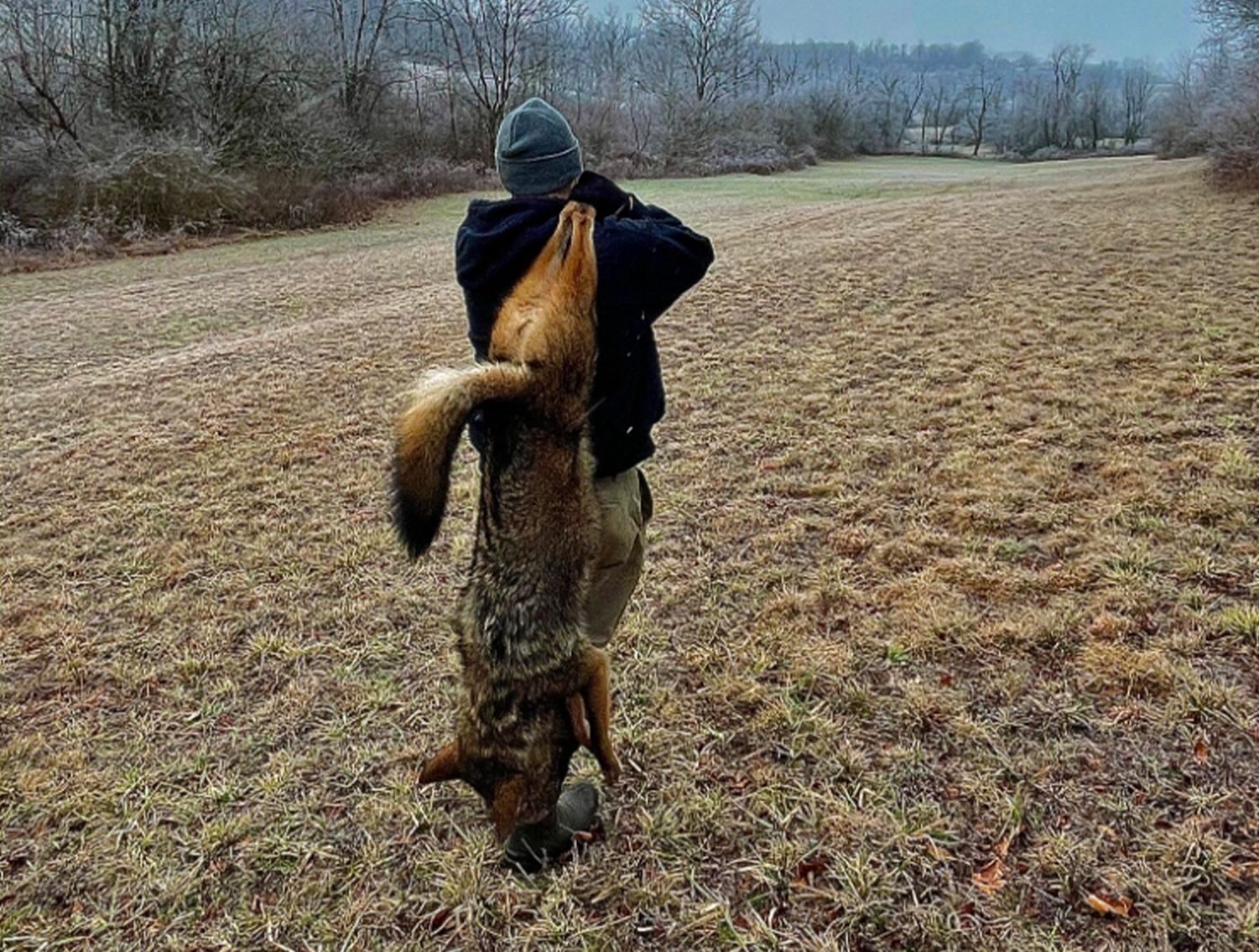March 2025 NRC Recap
March 2025 NRC Recap

Commissioners passed new bear regulations and quotas at the March Natural Resources Commission meeting today in Grand Rapids.
A correction of the illegal partial closure of coyote season was also a topic up for information, with the wildlife conservation order up for action in April.
Wildlife Conservation Order Amendment #2 of 2025, which set regulations and quotas for this bear regulatory cycle passed by a vote of 6-0.
A full breakdown of all the orders on the agenda can be found in MUCC’s meeting preview HERE.
MUCC and the Michigan and Trappers and Predator Callers Association (MTPCA), along with many other conservationists were on hand to continue to advocate for the preservation of proposal G and sound scientific management.
In February and March of 2024, the NRC, at the request of a small minority of stakeholder groups, approved an order to partially close Michigan’s coyote hunting season from April 15-July 15.
The justification for the order was not biological data, or management need. Rather the commission followed emotional pleas and social perceptions, without any objective data backing up the claims, and illegally partially closed coyote season for a quarter of the year.
Despite DNR biologists' statement that the closure was purely based on perceived social pressures, and countless pages of scientific literature being presented justifying a year-round hunting season, the season was closed.
After the meeting MUCC and MTPCA jumped into action on behalf of sound scientific management and Michigan’s hunters, anglers and trappers.
A lawsuit was filed against the commission for their illegal closure of the season, and after months of trading paperwork the final briefs were filed in November of 2024. While waiting for the judge's ruling the commission brought the issue back up for information at this month's meeting.
After testimony at today's meeting, the order restoring scientific management and year-round coyote hunting will be up for action at the April meeting.
The next meeting returns to Lansing on April 10, at Lansing Community College West Campus.
To ensure our natural resources remain protected and managed thoughtfully and our outdoor heritage defended, join Michigan United Conservation Clubs today: http://bit.ly/JoinMUCC.
Recent Posts



